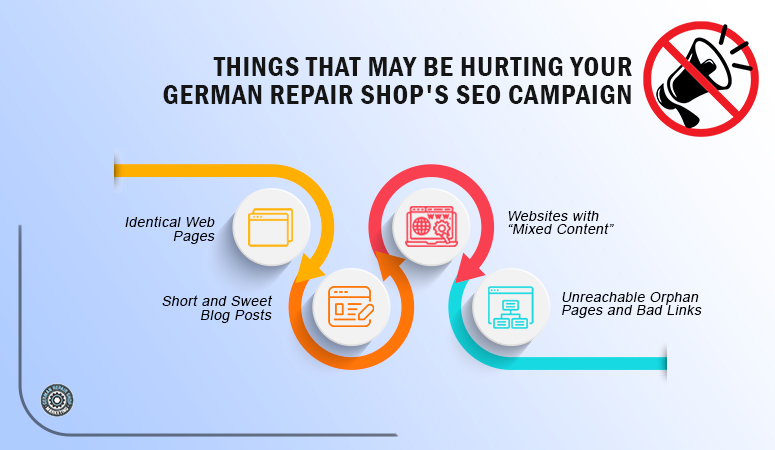
Identical Web Pages
Sometimes, it’s just easier to duplicate content instead of having to rewrite similar content over and over again. However, what happens is that search engines get confused by duplicate content and don’t know what page to choose. As a result, even the best content out there suffers as search engines just ignore it. Avoiding duplicate content is a must if you want to send search engines to your best pages. It’s worth the effort to ensure every page is unique, not just on web pages but also on your social posts. This leads search engines to the right page, so they don’t simply ignore all your pages.
Short and Sweet Blog Posts
Google hates low-value posts that are short on words and information. Your goal is to ensure you provide rich content that tells readers exactly what they want to know. Upping word count is not the answer. Instead, you need to research subjects and ensure you include the information that matters most without getting too caught up on word count. Content should be easy to read with helpful headings that sum everything up, keywords that tell search engines what questions you’re answering and robust information free of fluff.
Websites with “Mixed Content”
This one is a little technical and confusing, which is why a lot of small business websites end up with mixed content. Website domains can either start with HTTP or HTTPS. The latter is a more secure page, and Google gives preference to these domains. This is because HTTP pages are more vulnerable to potential hacker attacks. If you have both types of URLs on your website, Google considers this “mixed content.” In most cases, mixed content occurs because you don’t realize that although you have created secure HTTPS pages, you’re still using images, videos, stylesheets, scripts, etc., that are loading from an HTTP domain. You have to ensure all your content comes from your HTTPS domain to maintain trust with search engines.
Unreachable Orphan Pages and Bad Links
Orphan pages can’t be reached via a link on your website. They are isolated and can only be reached if a user knows the exact URL to enter in their browser. Search crawlers can’t find these pages because they search for links they can index to get an idea of how your website is set up. The pages exist in a silo, which Google can’t locate. All pages on your website should be reachable with active links.
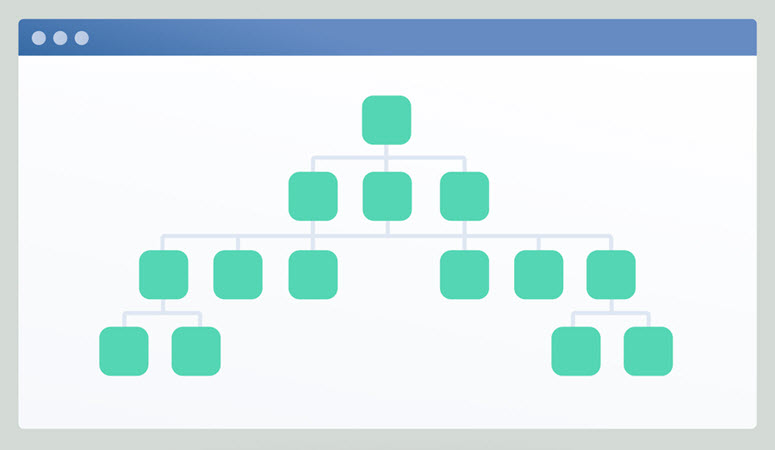
Anchor text links throughout all your pages create a better user experience sending visitors naturally to deeper, more informative, and relevant information. While you don’t want to have your pages too alive with links, you can leverage existing content throughout your site to create a more intuitive user experience. Other link-related issues include links to redirected pages and links from other websites that use black hat tactics. Google considers this guilt through association even if you don’t know the links exist.
Don’t fall victim to poor SEO practices. We can help put your business on top.



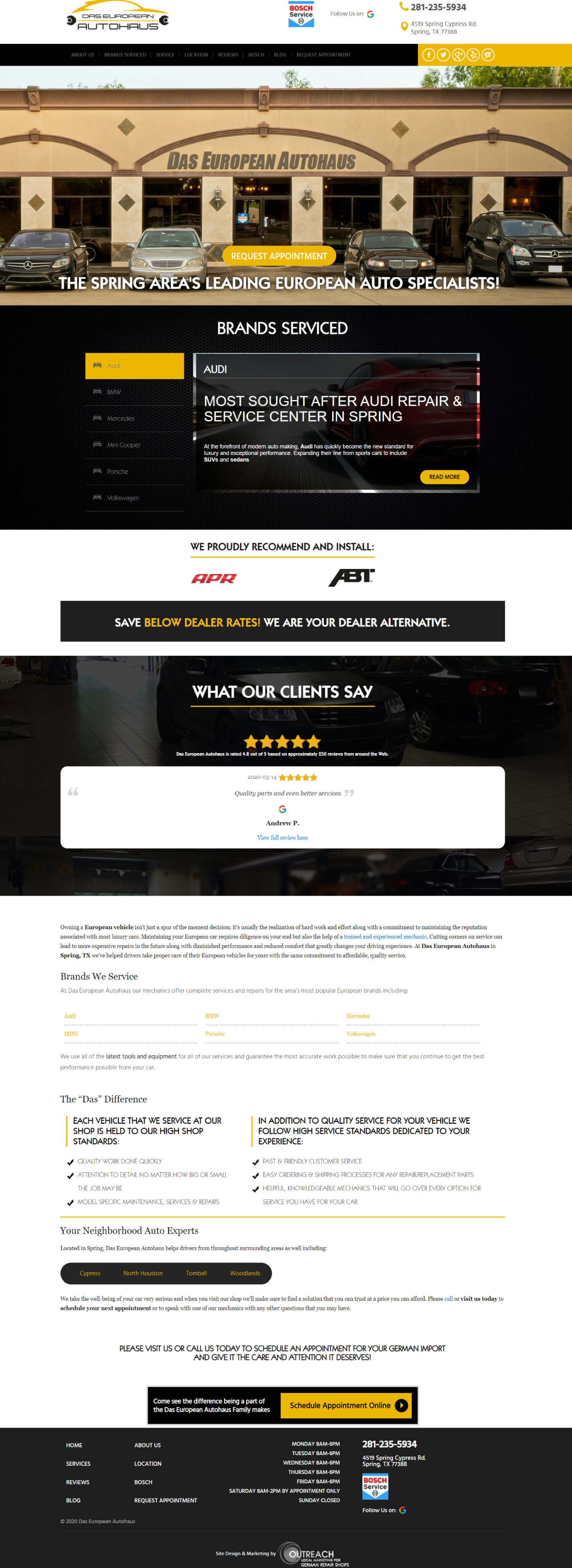

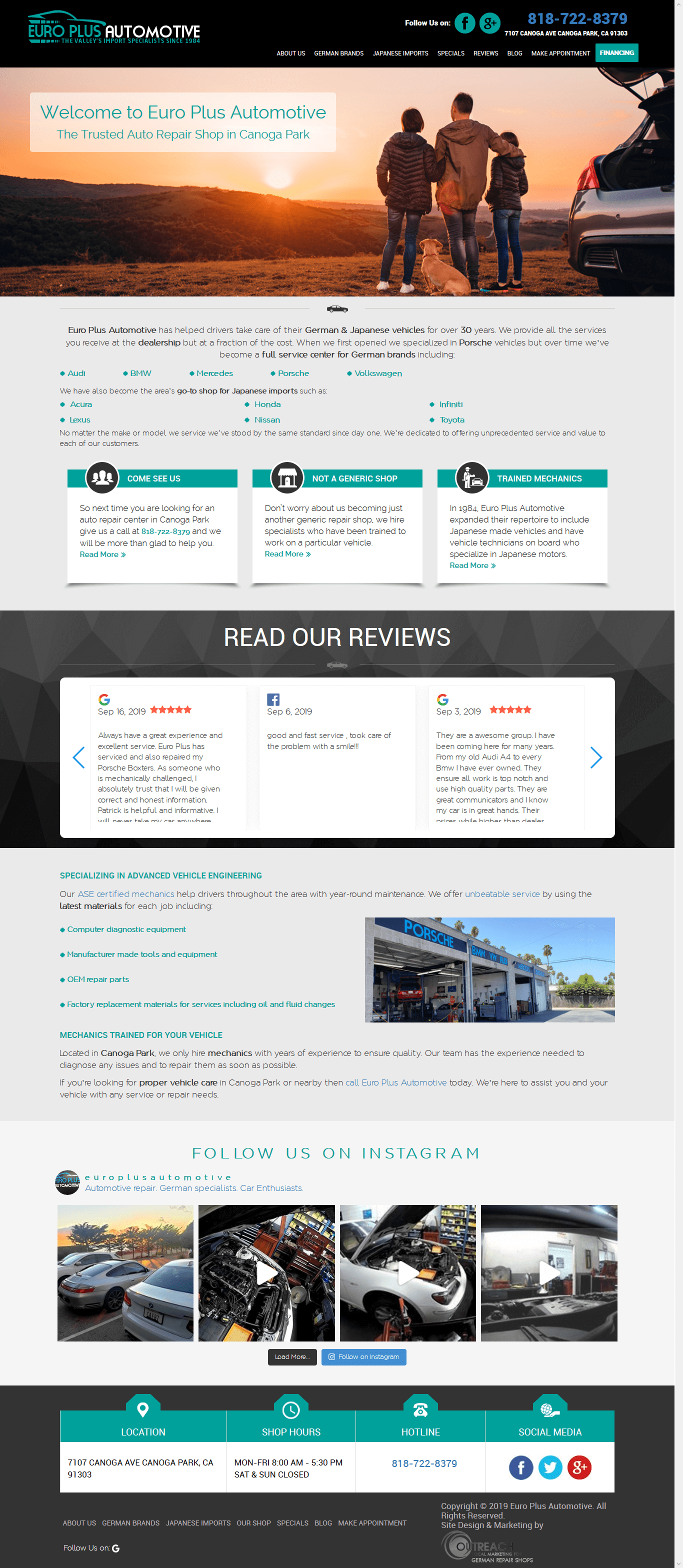
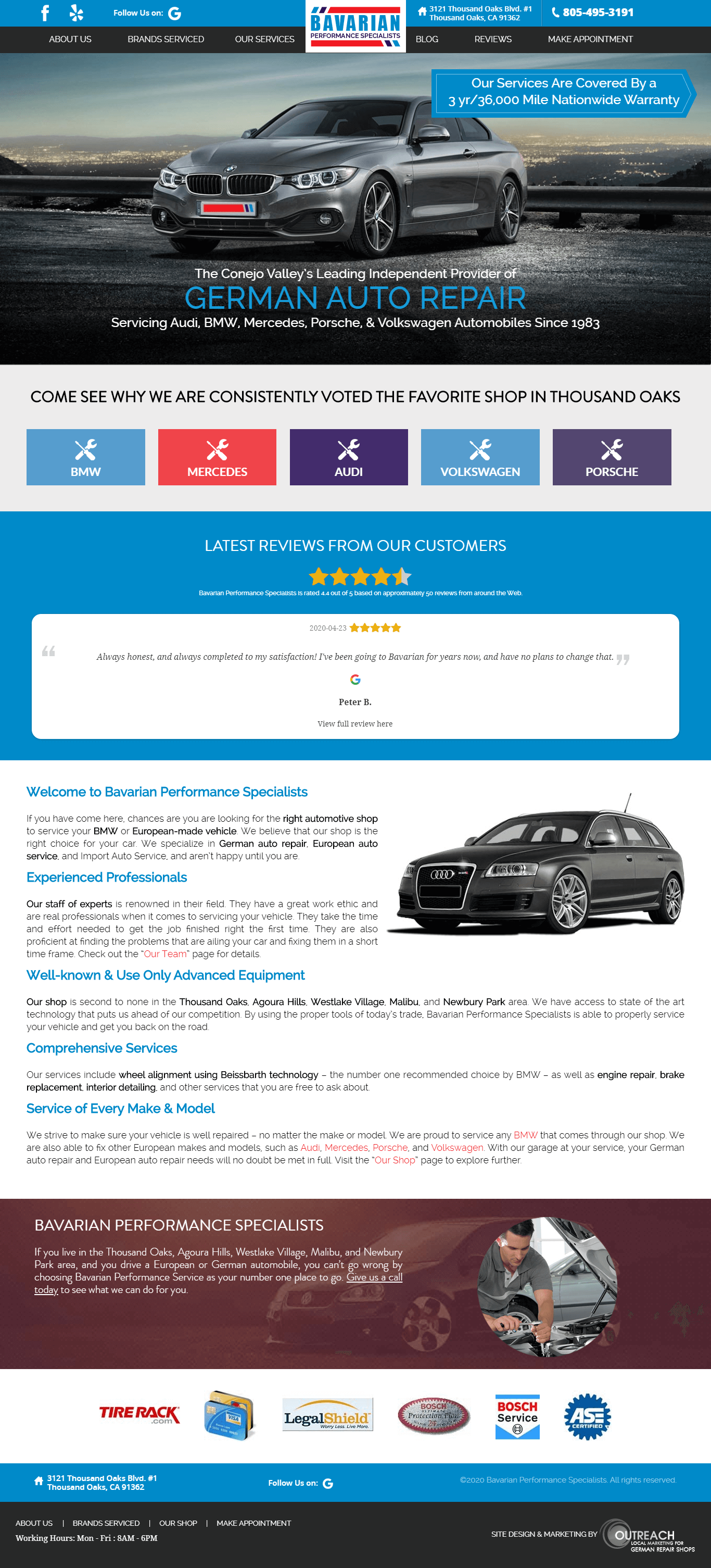

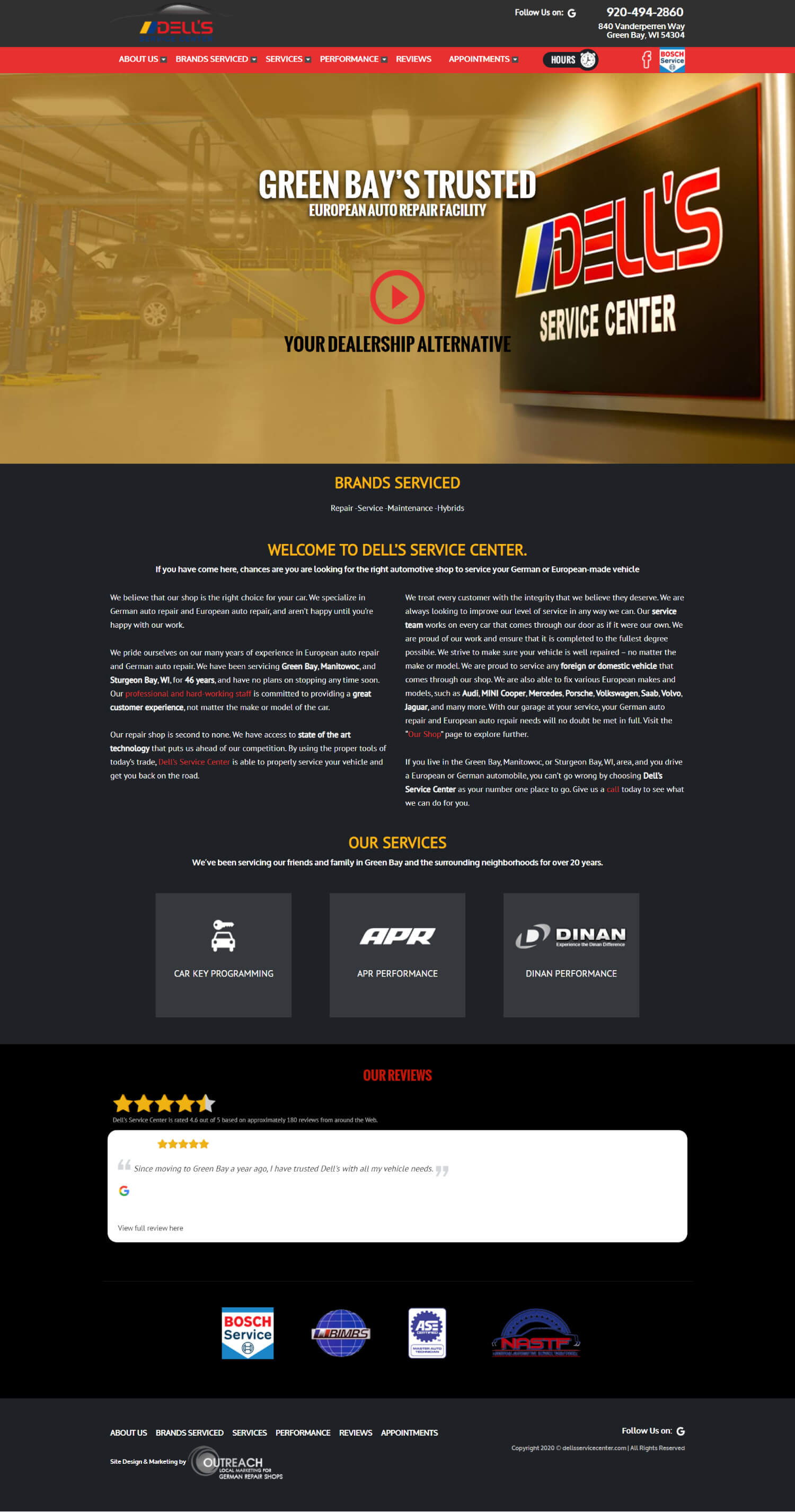
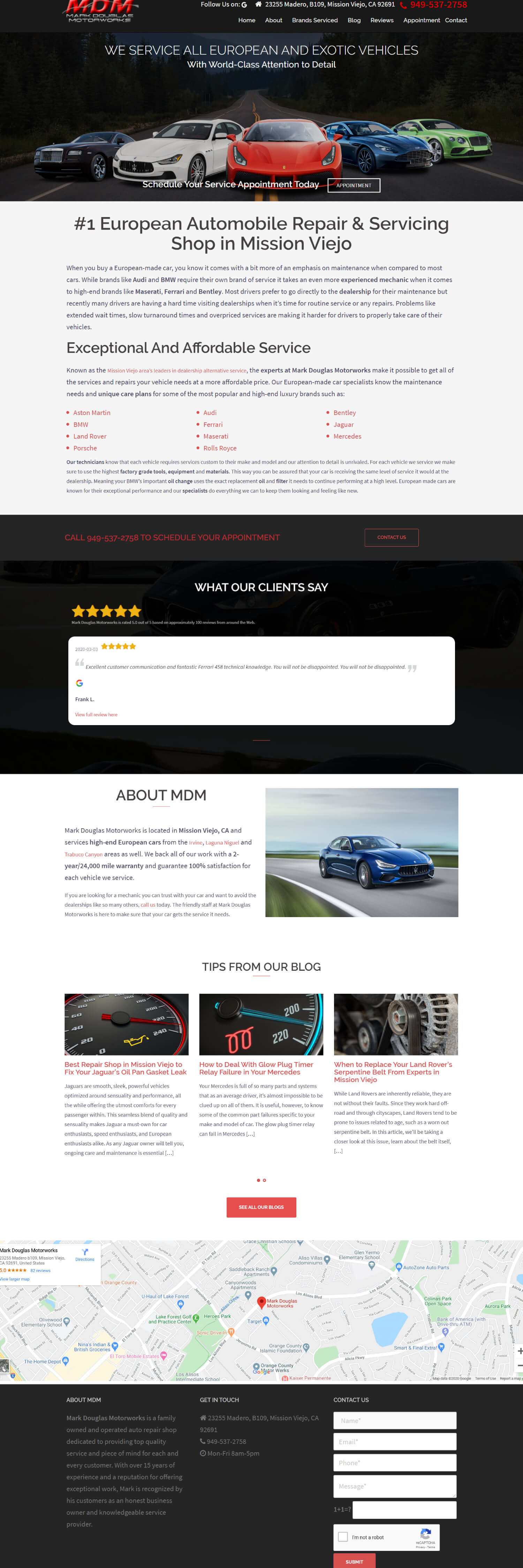
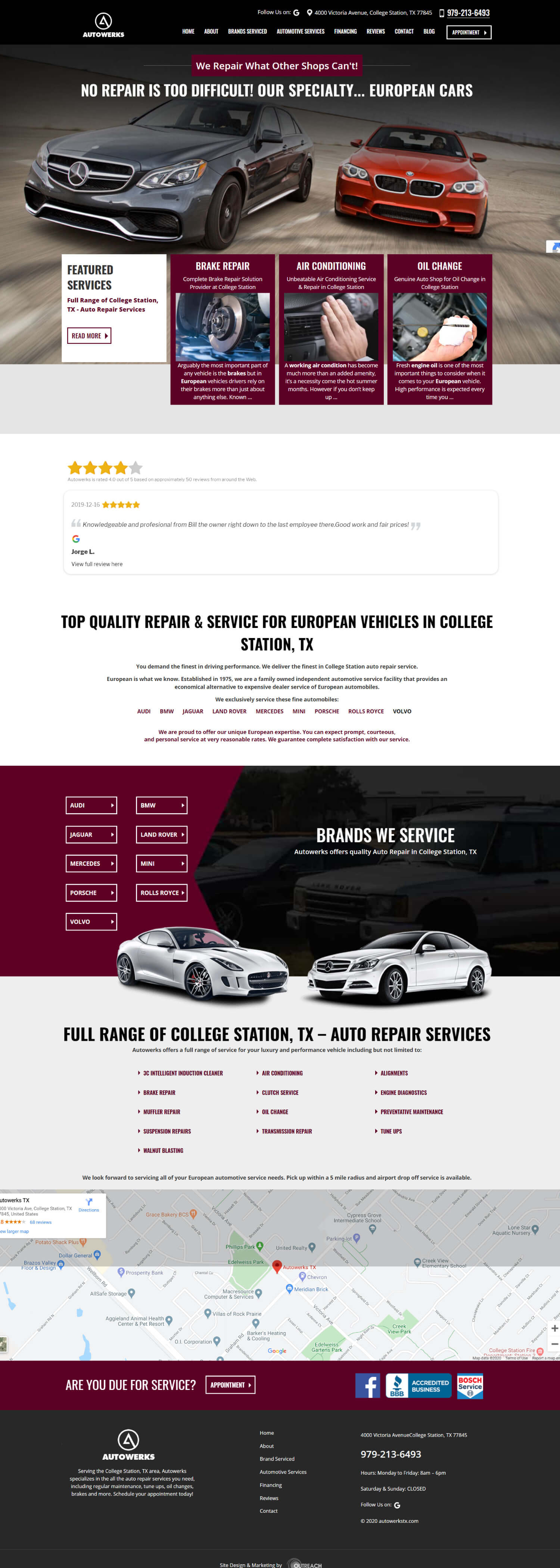
Russische DJs in NRW
Hochzeitsmoderatorin
Craving new sensations? Unlock the door to a world of pleasure and
sexual fantasies! Click the link to dive into an incredible experience that
will leave you craving for more. Don’t miss your chance for unforgettable
encounters and ecstasy!
https://lan05.biz/?p=my3genzumi5gi3bpg42dena
DJ in der Nahe